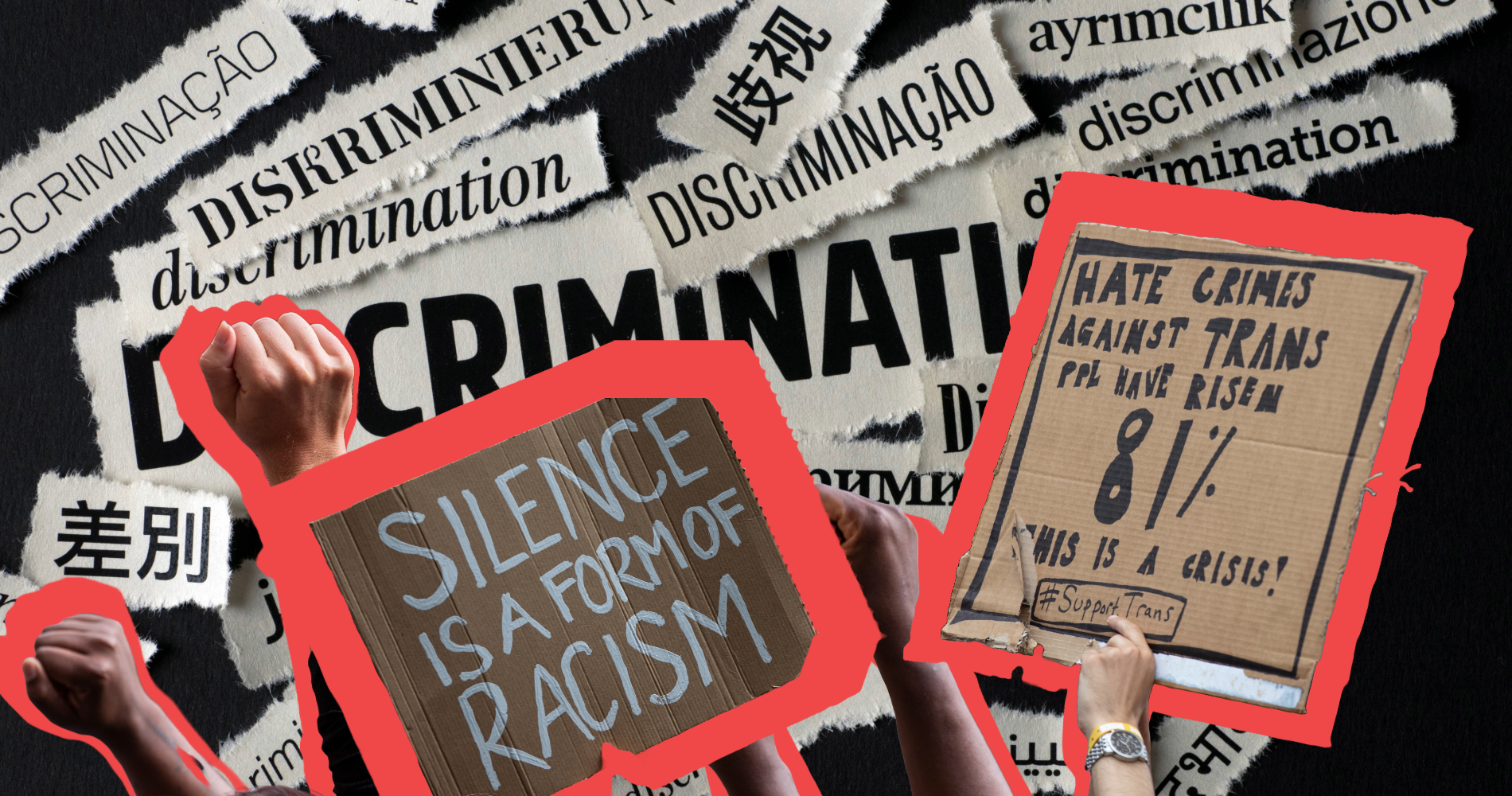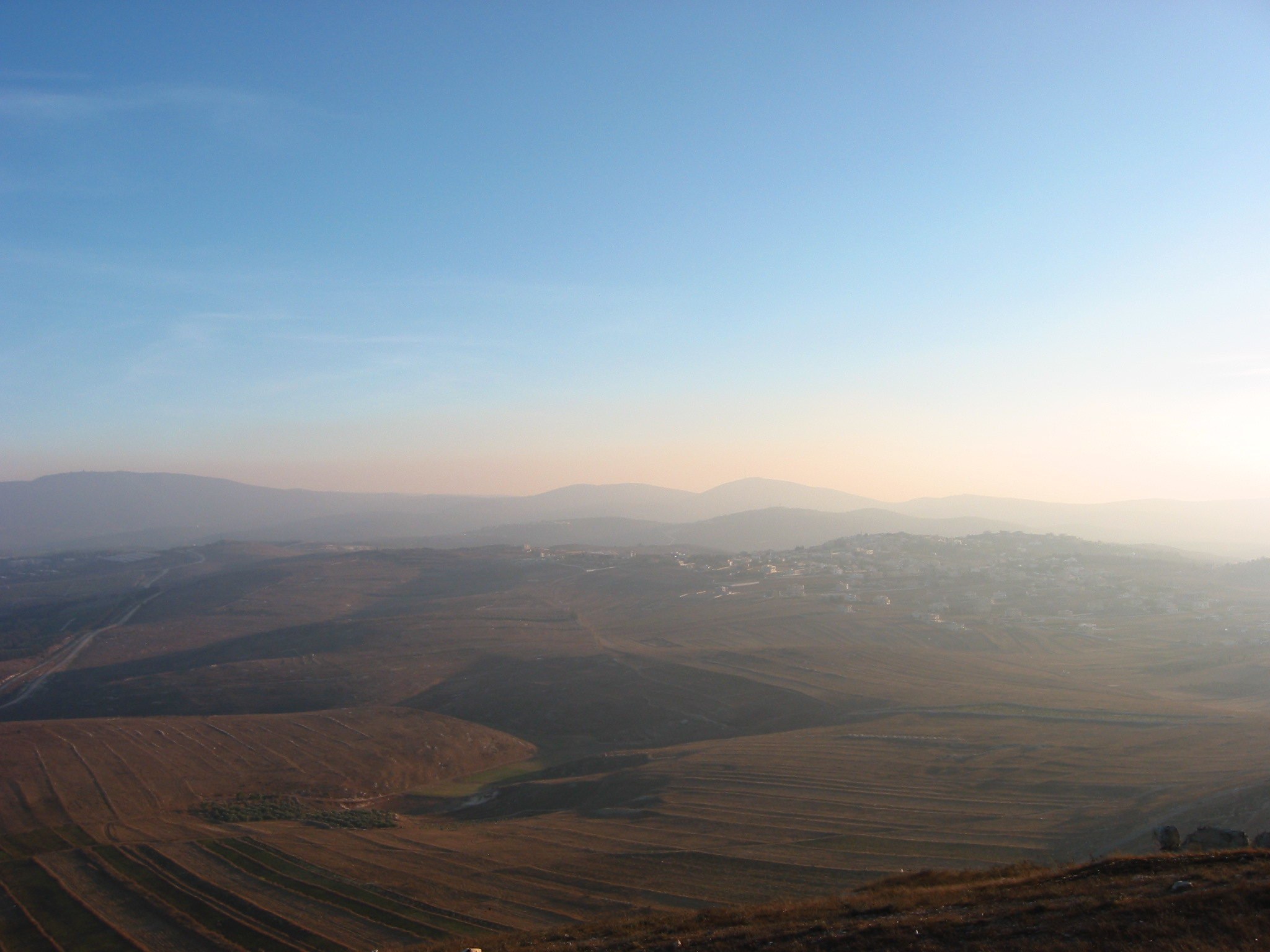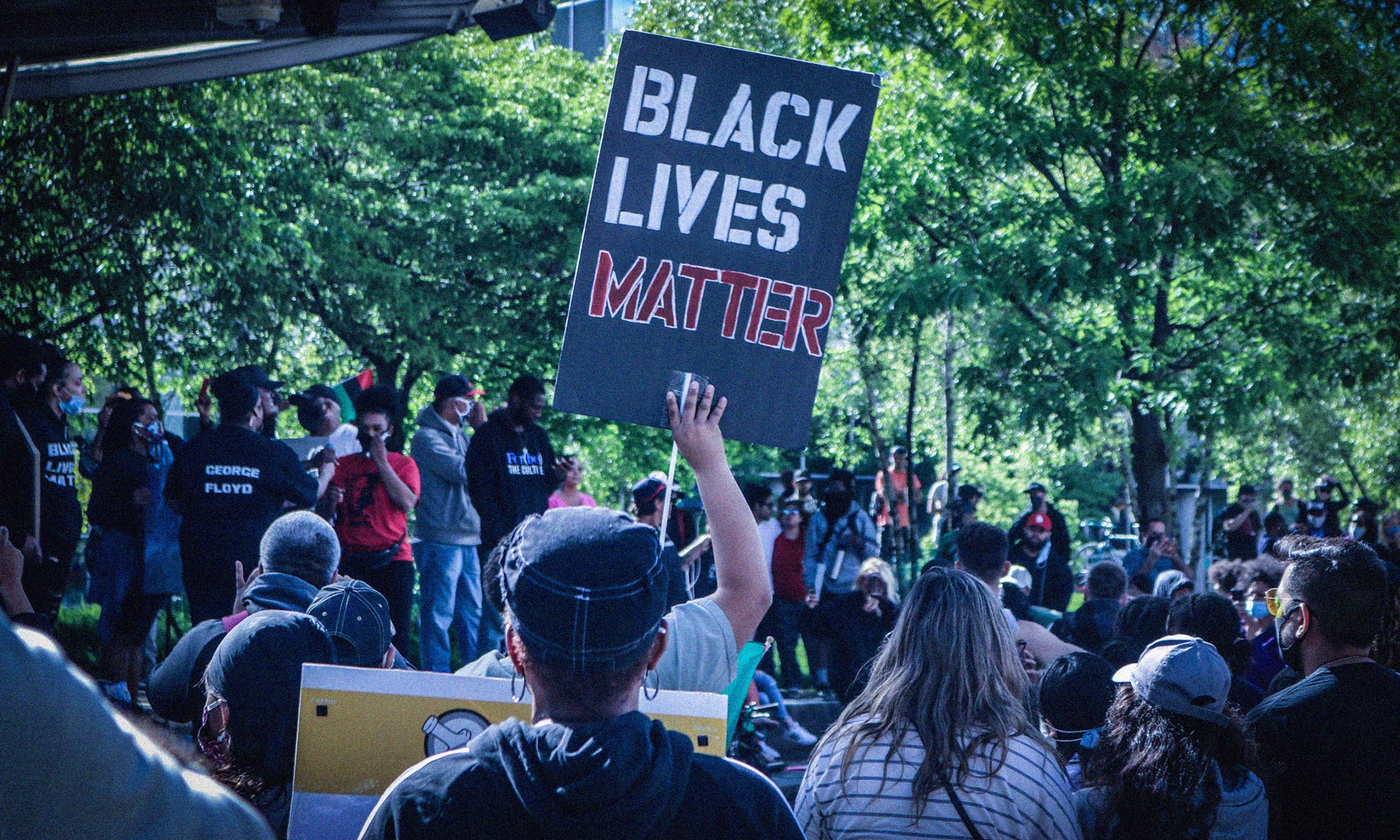Race & Anti-Racism
Our publications are available to all at no cost. Please support the CCPA and help make important research and ideas available to everyone. Make a donation today.
-

Alternative federal budget 2026: Racial equity
What the Canadian government should do on racial equity. Because true independence needs a new economic model.
-

Budget fédéral alternatif 2026 : Équité raciale
Ce que le gouvernement canadien devrait faire en matière d’équité raciale. Une véritable indépendance exige un nouveau modèle économique.
-

More Action Needed on Racism in Manitoba’s Health Care System
Troubling new evidence of systemic racism in Manitoba’s emergency departments (ERs) was released this summer. Overall, the new Race, Ethnicity and Indigenous Identity (REI) data…
-

Still struggling: Racialized workers in the post-pandemic labour market
Racialized workers in Canada faced extra challenges during the pandemic. The recovery has been equally difficult.
-

Why aren’t political parties talking about the rise in hate in Canada?
As election day approaches, the campaign trail has been dominated by heated debates over tariffs, trade wars, housing affordability, defence spending and other issues in…
-

Canada’s environmental racism law needs to be stronger
For decades, the residents of Grassy Narrows First Nation have struggled with severe health problems that experts attribute to mercury poisoning—a legacy of unchecked industrial…
-

What’s going on with Quebec’s latest secularism scandal?
Imagine sending your child to school only to find them caught in a political firestorm. That’s the reality for families at Bedford Elementary in Montreal,…
-

Mapping Colonial Harms
Social emergencies on Manitoba First Nations are not unforeseen circumstances, predictable events that are rooted in colonial conditions.
-

Colonialism, racism and the IHRA
In June 2024, after years of advocacy from Palestinian and Jewish families, the Toronto District School Board voted to include anti-Palestinian racism as part of its Combating Hate and…
-

It’s time to make reparations for the transatlantic slave trade
Today, there is an international conversation in former slave-trading nations about the intergenerational economic, social and cultural effects of the transatlantic slave trade.
-

Anti-Palestinian racism in Canadian schools and what we can do about it
The artist statement reads: The central portrait in my piece is of Gazan journalist Bisan Owda. As a Jew, secular or agnostic as I may…
-

Justice for Im/Migrant Home Care Workers in Manitoba
Download 3.02 MB39 pages COVID-19’s impact on the home care sector has been devastating. Across Canada, it is well documented that workers and older people…
Updates from the CCPA
Read the latest research, analysis and commentary on issues that matter to you.
CCPA Updates